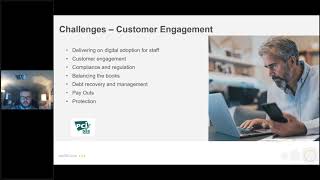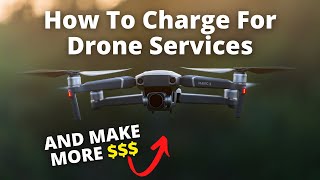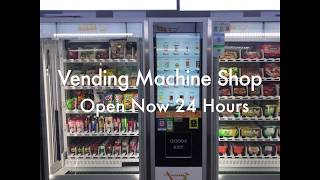Smart technology improves our lives with convenient, safe and comprehensive services. When applied to systems that manage facilities, cities, regions, and even the world, they can connect underserved communities and effectively respond to the needs and requirements of local.
Imagine areas without broadband before, Maricopa County announced in the fall of 2022 that it would give ASU and its employees $34.6 million to build broadband, access community, equipment, and training countywide.
The fifth annual ASU Smart Region Summit, to be held at the Hearing Museum on February 1, promises to intensify the conversation that led to this support, along with more discussions. Other arguments promote the importance of building smart zones. Under this year’s theme, “Linking Smart Regions to Drive Innovation and Inclusion,” a key part of the plan focuses on digital inclusion: access to and education of identification tools. study, work and life in general. .
“The Smart Zones Summit is a unique opportunity for us to strengthen our relationship with each other,” said Lev Gonik, ASU’s chief information officer and organizer of the annual Smart Regions Summit. relationships to build smarter communities for those who need it most.” A fruitful commitment, this year we will continue to work together to rekindle the flames of change around the world.”
This year will bring together a variety of local and national discussions and roundtables featuring experts, technologists, educators and smart city leaders. Matthew Rantanen of the Southern California Tribal Presidents Association will be the summit’s keynote speaker, presenting his work on empowering tribal peoples, establishing digital justice, and reaching regions tribal lands of the United States.
A follow-up panel discussion on Indigenous broadband initiatives and best practices among tribal peoples will continue to be the subject, while opportunities for public partnerships will continue. investment, local and national policy making, smart cities, etc. will be the subject of further discussion.
The World Fair for Digital Equity and Inclusion also applies the concept globally. Speakers include: Nicole Turner Lee, Center for Technology Innovation, Brookings Institution; Raquel Bernal, President of the University of Los Andes, Colombia; Joshua Edmonds, DigitalC; Diana Bowman, Dean and Associate Professor at Sandra Arizona State University, Della Day O’Connor Law School; Erin Carr-Jordan, CEO, Digital Assets and Public Impact, ASU Enterprise Technology.
For the full list of speakers, check the agenda on the event’s website. Registration for the event ends January 18.
Bowman, who will chair the summit, said: “The range of topics really speaks to how we can bring digital inclusion to local communities and around the world.
The highlight of the 2022 event was ASU’s announcement as Verizon’s newest 5G Innovation Hub, with keynote speeches by ASU President Michael Crowe and Verizon Business CEO Tami Ervin.
This year, the focus is on innovation and people-centred inclusion, connecting smart places to empower people.




